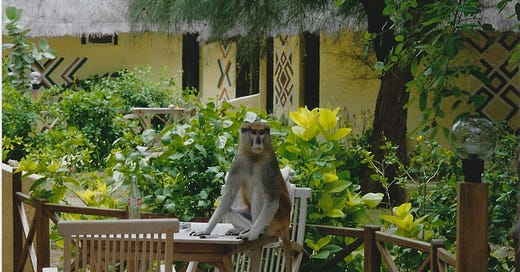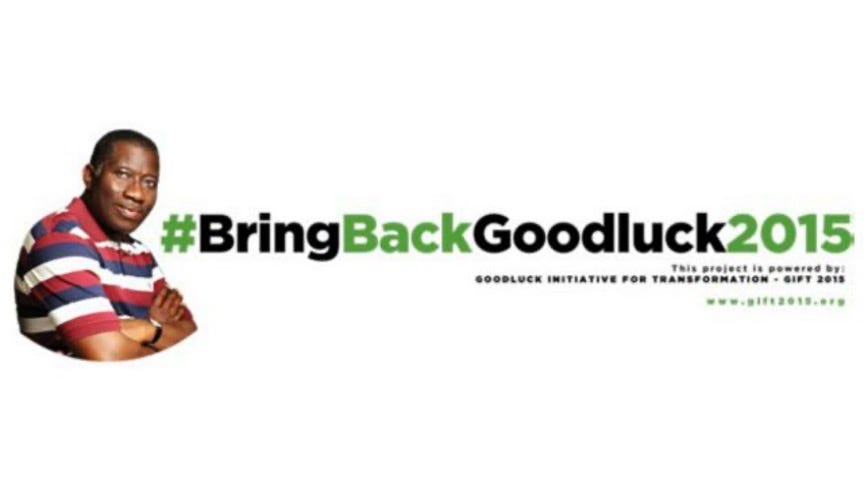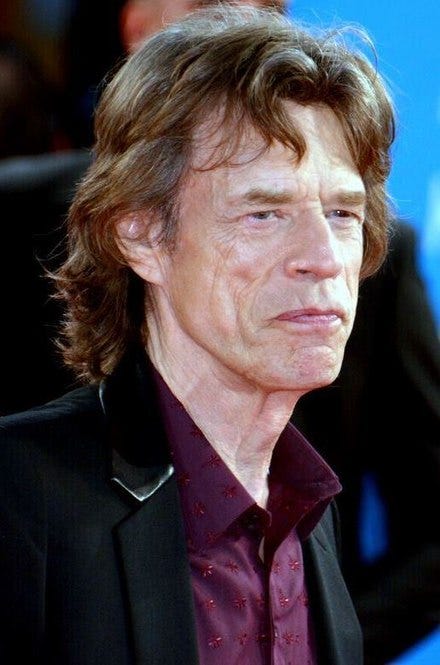Did you know Africa is not a country? You can be forgiven for your naiveté, because most people don’t know that, except for the more than one billion people who live there and would probably be pretty offended by your ignorance. Most non-Africans couldn’t locate individual countries on a map of Africa, with one exception: South Africa, whose name kind of gives away its location.
But who can tell the difference between Kigali, Kagame, and Kampala anyway? Who even knew they had Kampalas in Africa? I thought those adorable, eucalyptus-eating non-bears were only found in Austria.

From the perspective of American media, Africa—which is almost always referred to as a singular place, not as a continent made up of 54 distinct countries—is often viewed as a scary, violent place that serves no purpose other than to provide us with resources.
During the 2014 Ebola crisis, CNN famously pissed off Twitter during by labeling the country of Niger “Nigeria” and building up my hopes they would label Sierra Leone “Téa Leoni,” only to crush them a moment later by actually getting it right. On the bright side, at least CNN recognized the continent has different countries.
People who know and care about Africa can get very angry at US media outlets for their portrayal of Africa. They say the media often get things wrong (proven by CNN’s map mishap) and only cover Africa when there are dying children to film. But that’s just not true. Because they don’t even cover that very often.
Remember in April 2014 when Boko Haram kidnapped 300 girls in Nigeria? Of course, you do, because lots of concerned people demonstrated just how devastated they were by pushing a few buttons on their cell phones to tweet out #BringBackOurGirls, and the media wrote tons of stories about the hashtag campaign.
But did you know that two months later, Boko Haram abducted more than 90 people, including children, from another village in Nigeria? In fact, mass kidnappings from Nigerian schools keep happening, but our collective ambivalence has stopped them from making similar headlines. I mean, it’s really hard to come up with original hashtags each and every time.
When the US media do cover tragic stories in Africa, Africa experts go ape shit, either saying we don’t pay enough attention (to the positive stories in Africa) or we pay too much attention (to the negative ones). And usually someone uses it as an excuse to bitch about Bob Geldof’s condescension in asking Africans if they know it’s Christmastime, because of course they do since many of them are Christian, and in fact there is snow in Africa this Christmastime, on Mount Kilimanjaro and Mount Kenya. You can almost feel their heads exploding over what is really a very catchy ditty from the 1980s.

Many famous people have used their celebrity to shine a spotlight on Africa, drawing yet more ire from serious Africa analysts, because that usually only reinforces the coverage of tragic stories. Angelina Jolie tends to visit rape victims in Congo, not successful entrepreneurs in Uganda. Sure, Uganda did get some attention from comedian John Oliver, but for its criminalization of homosexuality. While celebrity coverage of these topics certainly shines a spotlight on them, it often does not produce great policy.
But don’t go thinking it’s only non-Africans who capitalize on the continent’s tragedies. Many of Africa’s own leaders have done the same. Shortly after the #BringBackOurGirls campaign went viral, supporters of Nigeria’s then-President Goodluck Jonathan tastefully called for his reelection by launching #BringBackGoodluck2015. When he saw the outpouring of public support (to make sure he never got elected again), he disavowed the campaign and said he had no knowledge of its origins.
Many Africanists would prefer the US media cover the really good stories about Africa, like the huge economic growth across the continent. I know what you’re thinking: How developed can Africa be, when they haven’t even gotten around to naming its southernmost country?
In fact, economic development in Africa is huge. I won’t go into details because statistics are boring, require me to do a lot of research, and can be refuted with other statistics anyway. But it is pretty well accepted that the continent grew between 3% and 5% annually throughout the 2000s (This dropped precipitously in 2020 with Covid-19 but is on the rebound). Much of this growth is now coming from a diverse number of sectors, like financial services, telecommunications, and tourism, and not just from commodities, like oil and minerals, as was the case in the past. That’s good news, because it means economies are less vulnerable to rises and falls in the commodities markets. It means some African countries might be able to stave off the Resource Curse, the idea that countries with an abundance of natural resources are paradoxically poor, which curses them to be visited by Ben Affleck.
That economic diversity is relatively new. Much, if not most, of Africa’s past 200 years was inextricably tied to natural resources.
The Scramble for Africa
This first came into play at the end of the 19th century in what is called the “Scramble for Africa,” when a bunch of white people in Europe drew random lines on a map of the continent and said, “Yep, that oughta keep everyone busy for the next couple centuries.”
It started out innocently enough, a couple of cool kids discovering the mysteries and allure of what they called the Dark Continent, presumably because they thought there was no sunshine there. These guys discovering everything Africa had to offer was extremely kind for the people who had failed to discover it before, despite having lived there since forever. The cool explorers crossed deserts and mapped waterways, searching for the source of the Nile. One of those cool kids, David Livingstone, was the first European to see Victoria Falls, which by sheer coincidence the locals had named after the Queen of England. He disappeared for six years and another cool kid, Henry Morton Stanley, went to find him. Not knowing what Livingstone looked like, Stanley just looked for a white guy and when he found him said, “Dr. Livingstone, I presume.” He presumed right, and then went on discovering, including circumnavigating Lake Victoria, which the locals had also so kindly named for the Queen of England. (She was popular among the natives.)
In fact, the Briton John Hanning Speke discovered Lake Victoria in 1858. People who had lived near Lake Victoria for generations felt very foolish they had never noticed the giant body of water before Speke discovered it.
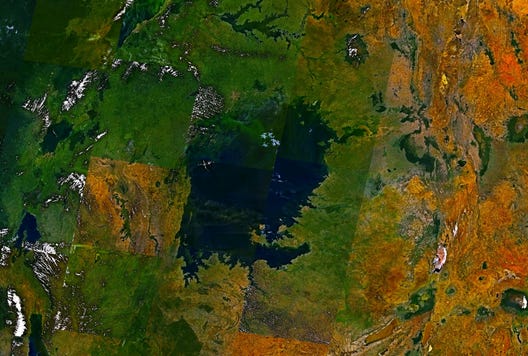
Inevitably, what had started as fun and games became about money. Africa was a place to get cheap resources for newly industrialized Europe. It also became about penis size. Every European ruler wanted to prove his was bigger, and comparing influence over African colonies was a great way to measure this. There were other more strategic reasons, too, like the need for ports and stocking stations to stop at on the way to one’s other colonies in Asia, for example. But penis size was certainly a driving factor.
Africa became one of the pawns in the European chess game of influence and power. In order to avoid warring over colonies, the European powers created alliances and signed treaties to mark out who got what. Some of those same alliances and treaties came back to bite Europe in the ass in 1914, when the assassination of a single dude in Serbia led to World War One.
All those Europeans fighting each other did little to help Africa. Indeed, those natural resources were needed even more now that there was a war to fight. Once the war was over, Europe consolidated its colonies—the winners split up Germany’s colonies for themselves—and doubled down on their power over them, just in case there might be another war in which they might need those natural resources again.
As if that would ever happen.
World War Two was something of a turning point for the continent, because millions of people across the world fought in a war that was partly about breaking up a Eurocentric system and which raised the idea that maybe people should be treated nicely, no matter what their background. US President Franklin Roosevelt, in laying out his vision for a post-World War Two world, touted the notion of self-determination, the idea that all people should be free to choose their government. England’s Winston Churchill, who thought America was being a pussy by not getting into the war, went along with Roosevelt’s crazy-ass democratic idea. He decided it was important to show allegiance with America and to have the United States on England’s side, even though it was a little awkward considering the size of England’s empire—which was full of people who had decidedly not chosen their own government.
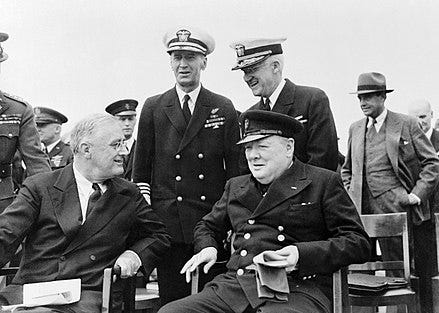
With liberal notions like “self-determination” and “equality” being tossed around like keys at a swingers’ party, it became hard for Europe to hold on to its colonies. In the mid-20th century, the continent underwent a fit of independence, kicking out colonial powers one by one and grabbing the reins for itself.
Sort of. Because those Europeans were tricky sons of bitches. They had done an extremely thorough job of making their colonies dependent on them. So even after they were kicked out, many of the economic and political ties between them and their former colonies persisted.
Also, it turned out that when America said people should choose their own government, it left off the qualifier, “unless it’s against our national interest.” Because now that it was free of its colonial rulers, Africa became a proxy in the Cold War. Outsiders were still interested in the continent’s natural resources, but now ideology was in the mix, too.
The United States unleashed the CIA to stop the spread of communism across Africa. The Soviet Union responded by courting African governments in order to spread communism. This played out in countries like the Congo, where the country’s first democratically elected prime minister, Patrice Lumumba, was ousted in a CIA-supported coup by Joseph-Desire Mobutu after Lumumba sought help from the Soviet Union to quell a secessionist movement in the eastern part of the country (that is, the part where all the minerals are). Mobutu was so helpful to the United States in holding back communism that the US chose to forget all that talk about self-determination. Instead of letting the people choose their own government, the US let Mobutu choose to stay in power for years and years to come (for more on Mobutu’s fate, see my previous series “High Heels, Wigs, and Flamboyant Robes: Dictators”).
The Cold War was particularly hot in southern Africa, where Washington and Moscow helped ratchet up Angola’s civil war with proxies and weapons so that the conflict eventually involved Congo, South Africa, and what eventually became Namibia, too. It was as if they had created an African Thunderdome and kept throwing in tanks and automatic weapons.
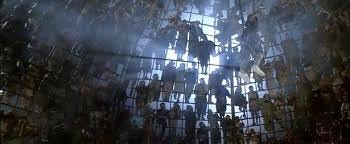
Once the Cold War was over, we felt a little guilty for egging all these guys on and supporting their fighting and creating countries with dictators and no functioning state institutions. We were kind of like, “My bad!” and to make up for it, we started to put conditions on aid.
As a result, taking aid from Western countries kind of became a pain in the ass. They started insisting on ridiculously high standards from these dictators, like don’t abuse the human rights of your people. We all know how tiresome that can be.
Frequently, Western countries hatched bizarre schemes in wood-paneled offices in capital cities that aimed to “do good” but that in fact demonstrated that people in wood-paneled offices in capital cities have no clue how the world, let alone Africa, really works.
A good example of this is the Dodd-Frank Wall Street Reform and Consumer Protection Act of 2010.
You know how much our lives hinge on the next smart phone coming out? Well, the same goes for the Congolese people, but not because they’re pissed off with their tiny little screen that cracked in, like, the first week, but because they mine coltan. Coltan gives us tantalum, which goes into capacitors. Not like the flux capacitor in Back to the Future, because I think that was nuclear, but capacitors used in our everyday electronics, like cell phones.
Coltan, along with lots of other sought-after minerals like gold and the awesomely named wolframite, comes from mines in eastern Congo. Indeed, Congo’s mining sector is vastly important to the country’s economy, accounting for about 30 percent of GDP.
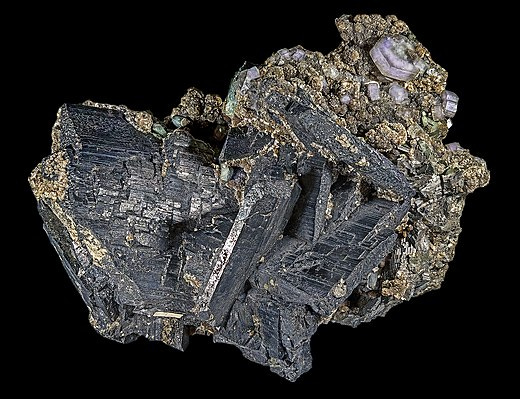
Do you know what else is in eastern Congo? Violence. A lot of it. Various rebel factions and militia and armies have been doing really terrible things in the region for years. It’s a bit complicated as to why, but mostly it’s because none of Congo’s leaders has ever bothered to build up state institutions. In any case, lots of people started to think there was a connection between these minerals and the conflicts in the region.
The narrative became that these conflict minerals were causing the violence, and you, Mr. or Ms. iPhone owner, were directly contributing to the violence in eastern Congo.
So, a bunch of smart people in wood-paneled offices far from Congo decided to do something about these “conflict minerals.”
What does Wall Street reform have to do with this? Were Wall Street bankers responsible for raping Congo? No, they fucked all of us. But that aside, a bunch of advocacy groups who use beautiful famous people like Matt Damon to bring attention to their cause got inserted in the Wall Street Reform Bill Section 1502, which requires consumer electronics companies to certify they are using “conflict free” minerals in their capacitors and whatnot. No conflict minerals in the supply chain, no more causing violence with your smart phone. Problem solved.
Only it wasn’t. Because it was so hard to certify minerals “conflict free” in a country with weak and corrupt state institutions, most companies opted to just go elsewhere for their minerals. It was way easier. The practical effect was that people stopped buying minerals from Congo, period. Mines shut down and miners were out of work. This had ripple effects throughout the economy, of course, since miners could no longer purchase anything since they didn’t have a salary.
But you know who did offer a salary? All those militias.
And now those militias needed to find a new revenue stream, because it wasn’t like they were going to stop being violent. Have you ever heard of a peaceful militia? They turned to smuggling and to other industries and forced locals in their influence zones to pay them taxes, so that locals weren’t just suffering from violence but had to pay for that privilege, too.
But the people in the wood-paneled offices far from Africa sure felt really good about themselves, having brought security to Congo on paper, so at least someone benefited.
Sometimes, Western involvement can be a real pain in the ass. So, Africa started looking for a new BFF.
Enter China
China really needs raw resources because its government has more than a billion people nagging it about the need to have heat and to eat. The Chinese government could only hide behind the smog in Beijing for so long, and soon it forayed into Africa for resources. In return, China started building infrastructure and other projects.
At first, many countries in Africa thought this was awesome. The people in Africa liked the idea of having a new hospital, and bonus! China would build the road to get there. Plus, the hospital would have electricity, thanks to the new dam China was building. Government leaders loved the arrangement because they now had rich friends who gave them gifts, and for once, their people stopped complaining because they could finally see a doctor about whatever they had been complaining about.
These new rich friends were more awesome than those meddling and preachy American and European friends Africa had had for so long. China was the really cool friend, who liked you just the way you were, even if you were a dictator accused of brutalizing your people. Maybe you were just a brooding artist type or going through a Goth phase. China didn’t ask questions and didn’t demand anything. That was way easier.
Or so it seemed. But then Africa started to realize that China was kind of the alpha in the relationship, doing a lot more taking than giving. For all those wonderful infrastructure projects, China brought its own materials and labor, making no effort to train local workers, and flagrantly disregarding environmental concerns. China did nothing to invest in the local community. It even brought its own prostitutes.
In one incident, China was accused of placing bugging devices in the new headquarters for the African Union, which China had built. China denies the accusation and, I am guessing, very generously did not charge for the extra devices.
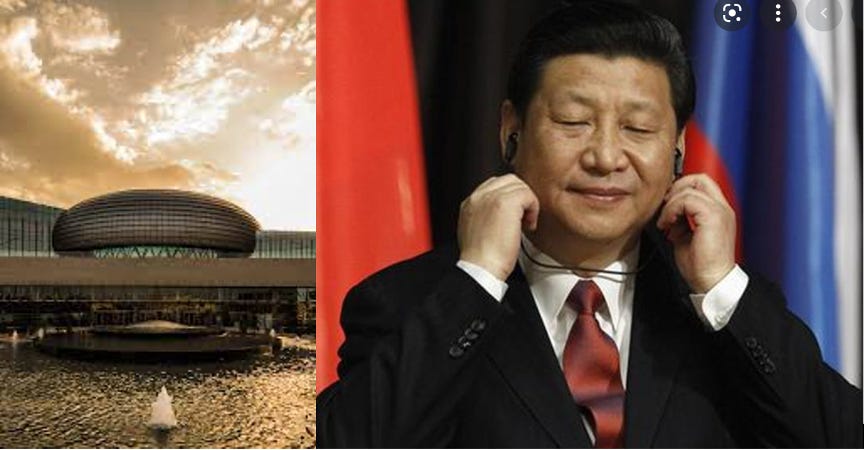
No one locally was getting anything out of this relationship,
Keep reading with a 7-day free trial
Subscribe to Rant! with Alex Finley to keep reading this post and get 7 days of free access to the full post archives.

